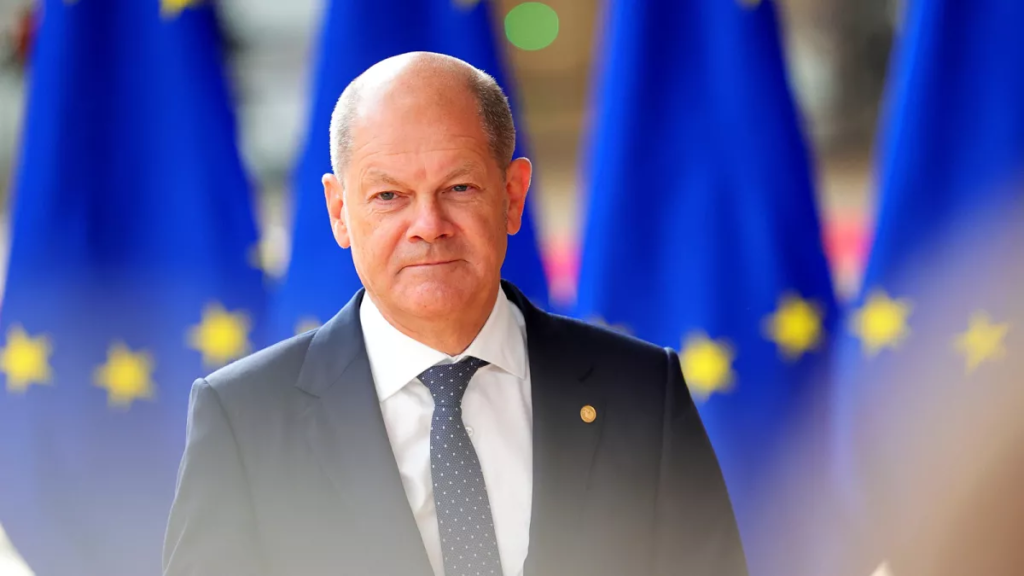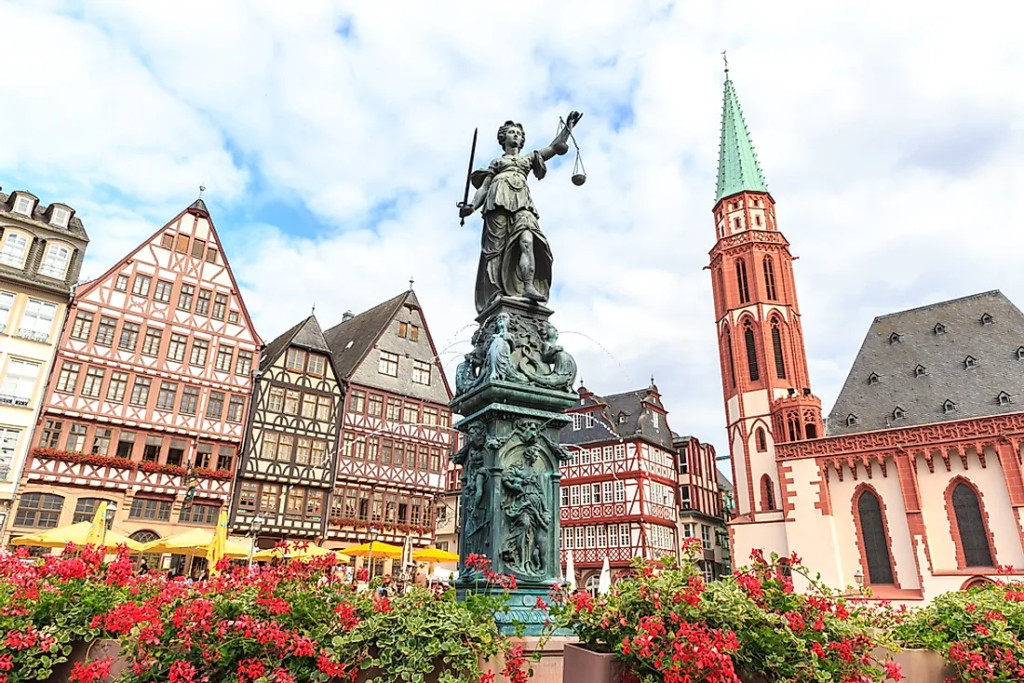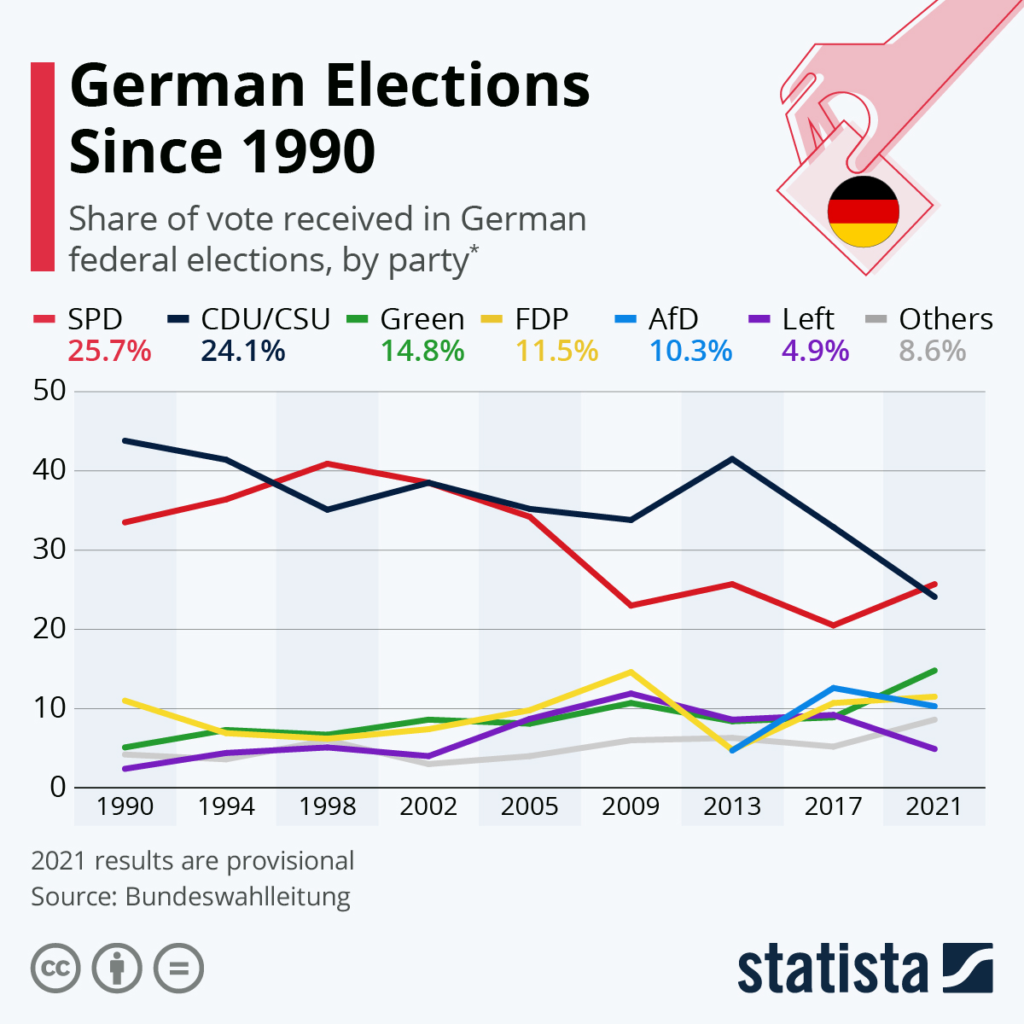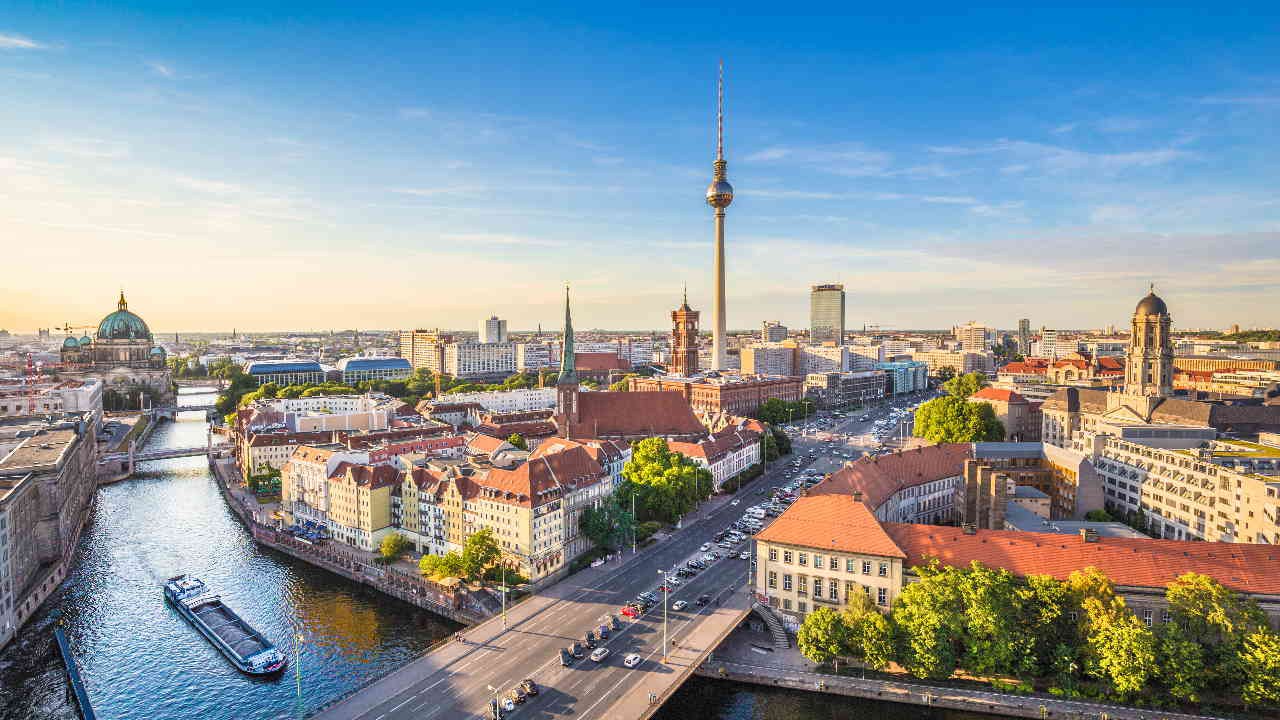Germany, or Deutschland in its native language, is a country that stands at the heart of Europe, both geographically and metaphorically. Renowned for its rich history, technological innovations, cultural landmarks, and economic prowess, Germany Deutschland plays a pivotal role on the European stage and the global scene. This article delves into the many aspects that define modern Germany, ranging from its historical evolution to its contemporary importance.
1. Historical Evolution of Germany

The history of Germany is as complex as it is lengthy. The land that we know as Germany today has been inhabited for millennia, with evidence of early human activity dating back to the Paleolithic period. However, the foundation of Germany as a political entity is tied to the Holy Roman Empire (962–1806), a vast conglomerate of territories in central Europe that laid the groundwork for what would later become the German state.
Germany underwent a significant transformation during the 19th century, particularly with the rise of nationalism. The German Empire was formally established in 1871 under the leadership of Otto von Bismarck following the Franco-Prussian War. This event marked a crucial point in European politics, as the unification of Germany altered the balance of power on the continent.
The 20th century brought about both immense Deutschland growth and profound tragedy for Germany. Following its defeat in World War I, Germany faced economic hardship and political instability under the Weimar Republic. The Treaty of Versailles (1919) imposed heavy reparations and territorial losses, which contributed to the rise of Adolf Hitler and the Nazi Party. World War II, initiated by Germany in 1939, resulted in catastrophic losses and the eventual division of the country.
Post-World War II, Germany was split into two distinct entities: West Germany (Federal Republic of Germany) and East Germany (German Democratic Republic), divided by the infamous Berlin Wall. The Cold War turned Germany into a symbolic battleground between the Western powers and the Soviet Union. This division persisted until 1989, when the Berlin Wall fell, leading to the eventual reunification of the country in 1990.
2. Germany’s Role in the European Union

Today, Germany is one of the most powerful and influential members of the European Union (EU). It is the largest economy in the EU and the fourth-largest in the world, after the United States, China, and Japan. Germany’s leadership in the EU is not limited to economics; it also plays a crucial role in shaping European policies on issues like climate change, immigration, and trade.
One of the most significant moments in Germany’s recent history was the adoption of the euro in 2002, which marked the country’s deep integration into the European financial system. As a founding member of the EU, Germany has continuously worked to strengthen the union, advocating for cooperation and solidarity among member states.
The country has been a strong advocate for fiscal responsibility within the EU, often leading initiatives that encourage other nations to follow suit. Germany’s support for austerity measures, particularly during the European debt crisis, garnered both praise and criticism, but its role as a leader within the EU remains undeniable.
3. Economic Powerhouse: The German Economy

Germany’s economy is often referred to as the engine of Europe, and for good reason. It is one of the most industrialized nations in the world, with a focus on manufacturing, engineering, and technological innovation. The country is home to some of the world’s Deutschland leading companies, including Volkswagen, Siemens, BMW, and BASF.
The automotive industry is particularly noteworthy. Germany is the birthplace of the automobile, with Karl Benz inventing the first gasoline-powered car in 1885. Today, German carmakers like Volkswagen, Mercedes-Benz, and BMW are synonymous with quality and luxury, with their products sold in markets around the globe.
Germany’s economy is also deeply embedded in the concept of Mittelstand, a term used to describe small to medium-sized enterprises that are family-owned and often passed down through generations. These companies form the backbone of the German economy, contributing to its stability and resilience in times of global economic turmoil.
The country is a leader in exports, with its major trading partners including the United States, China, France, and the Netherlands. Machinery, vehicles, and chemicals are among its most significant exports. Despite the global trend toward digitization and service-oriented economies, Germany has retained its status as a manufacturing giant, continuously innovating and adapting to new technological trends.
4. Germany’s Cultural Heritage

Germany’s cultural influence extends far beyond its borders. The country has been a hub of philosophy, literature, music, and art for centuries. Johann Wolfgang von Goethe, Friedrich Schiller, and Thomas Mann are just a few of the literary giants who hail from Germany. In philosophy, figures like Immanuel Kant, Georg Wilhelm Friedrich Hegel, and Friedrich Nietzsche have left a lasting legacy on Western thought.
In the realm of music, Germany has produced some of the greatest composers in history, including Johann Sebastian Bach, Ludwig van Beethoven, and Richard Wagner. These composers revolutionized Western classical music and continue to influence musicians and composers worldwide.
Germany is also known for its vibrant art scene. The Bauhaus movement, founded in Weimar in 1919, revolutionized architecture and design, influencing modern art and aesthetics globally. Today, German cities like Berlin, Hamburg, and Munich are recognized Deutschland as cultural hubs, attracting artists, filmmakers, and musicians from around the world.
5. Tourism and Natural Beauty

Germany is a top destination for travelers, offering a mix of historical landmarks, natural beauty, and cultural experiences. The country is dotted with castles, medieval towns, and cathedrals, including the iconic Neuschwanstein Castle, which inspired Walt Disney’s Sleeping Beauty Castle, and the Cologne Cathedral, a UNESCO World Heritage Site.
The Romantic Road, a scenic route through Bavaria, takes travelers through picturesque villages, vineyards, and rolling hills, offering a glimpse of Germany’s rural beauty. For nature lovers, Germany’s Black Forest, Bavarian Alps, and Rhine Valley offer hiking, skiing, and breathtaking vistas.
Berlin, the capital, is a dynamic city where history meets modernity. Visitors can explore remnants of the Berlin Wall, visit the Brandenburg Gate, or immerse themselves in the city’s world-class museums on Museum Island. Other cities, like Munich, known for its Oktoberfest, and Hamburg, with its historic port, offer unique cultural experiences.
6. Germany’s Political Landscape

Germany’s political system is a federal parliamentary republic, Deutschland with a strong emphasis on democracy and the rule of law. The Bundestag (Federal Diet) and the Bundesrat (Federal Council) are the two main legislative bodies. The country is currently led by a Chancellor, a role that has been held by notable figures like Angela Merkel, who was the first female chancellor and one of the longest-serving leaders in post-war Germany.
Germany is known for its political stability, which has helped foster a strong economy and a high standard of living. The country places a high value on social welfare, providing universal healthcare, free education, and a robust pension system. Germany’s commitment to environmental sustainability is also noteworthy, with ambitious goals to reduce carbon emissions and transition to renewable energy sources under its Energiewende (energy transition) policy.
Conclusion
Germany, or Deutschland, is a country that holds immense historical, cultural, and economic significance. Its contributions to philosophy, art, and technology are undeniable, and its influence within the European Union and the broader global community is profound. Whether through its rich history, dynamic economy, or cultural legacy, Germany continues to shape the world in meaningful ways. For those interested in exploring a country that blends tradition with innovation, Germany offers a wealth of experiences and opportunities.


